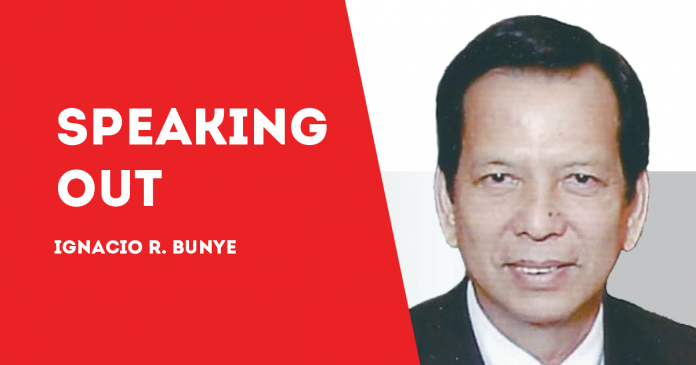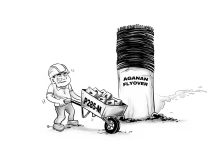
THE PHILIPPINES has once again been named the most disaster-prone country in the world. For the third consecutive year, we topped the World Risk Index—scoring 46.91 out of 100, the worst among 193 nations.
This is not just a statistic. It is a sobering reflection of how vulnerable our communities remain in the face of typhoons, earthquakes, floods, and climate-induced threats.
But let us be clear: disasters are not merely natural. They are social. They are political. They are shaped by the choices we make—or fail to make—in governance, infrastructure, and community care.
We are exposed, yes. We sit in the Pacific Ring of Fire. We face an average of 20 typhoons a year. But exposure alone does not explain why our poorest kababayans suffer the most, why evacuation centers remain underfunded, or why flood control projects stall due to widespread corruption.
The World Risk Index measures more than hazard. It measures our capacity to cope and adapt. And here, we fall short. Our informal settlements, under-resourced local government units (LGUs), and fragmented disaster response systems reveal a deeper crisis: a lack of resilience rooted in inequality.
This ranking must be a wake-up call—not just for policymakers, but for all of us. Climate justice is not abstract. It is about ensuring that fisherfolk in Bicol, farmers in Mindoro, and urban poor families in Navotas are not left behind when the waters rise.
To the government: resilience is not built in press releases. It is built in barangay halls, in classrooms, in health centers, and in the trust between citizens and institutions. We need transparent funding, inclusive planning, and accountability—not just slogans.
To civil society: your voice matters. Continue to demand climate reparations, push for community-based adaptation, and amplify the stories of those most affected.
To ordinary Filipinos: your dignity is not defined by disaster. It is defined by how we rise, rebuild, and reimagine a safer future together.
We are not helpless. But we must act. Because resilience is not just a metric. It is a moral imperative. (totingbunye2000@gmail.com)/PN







